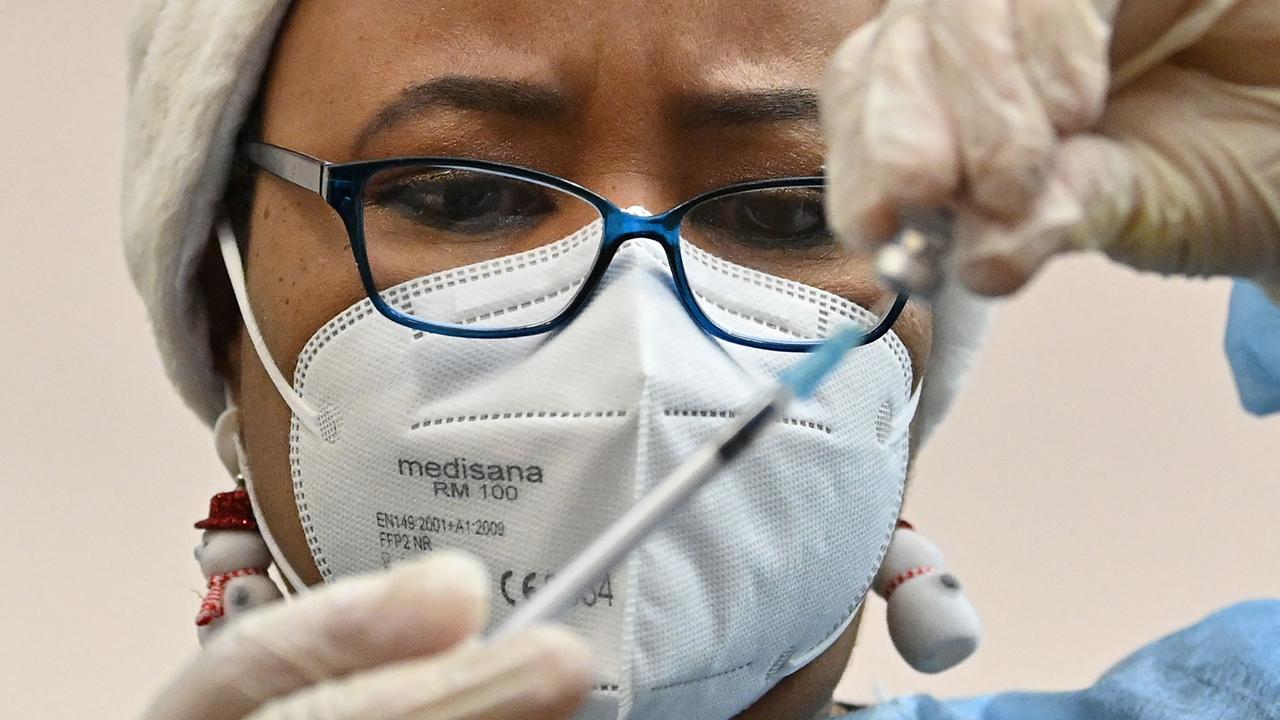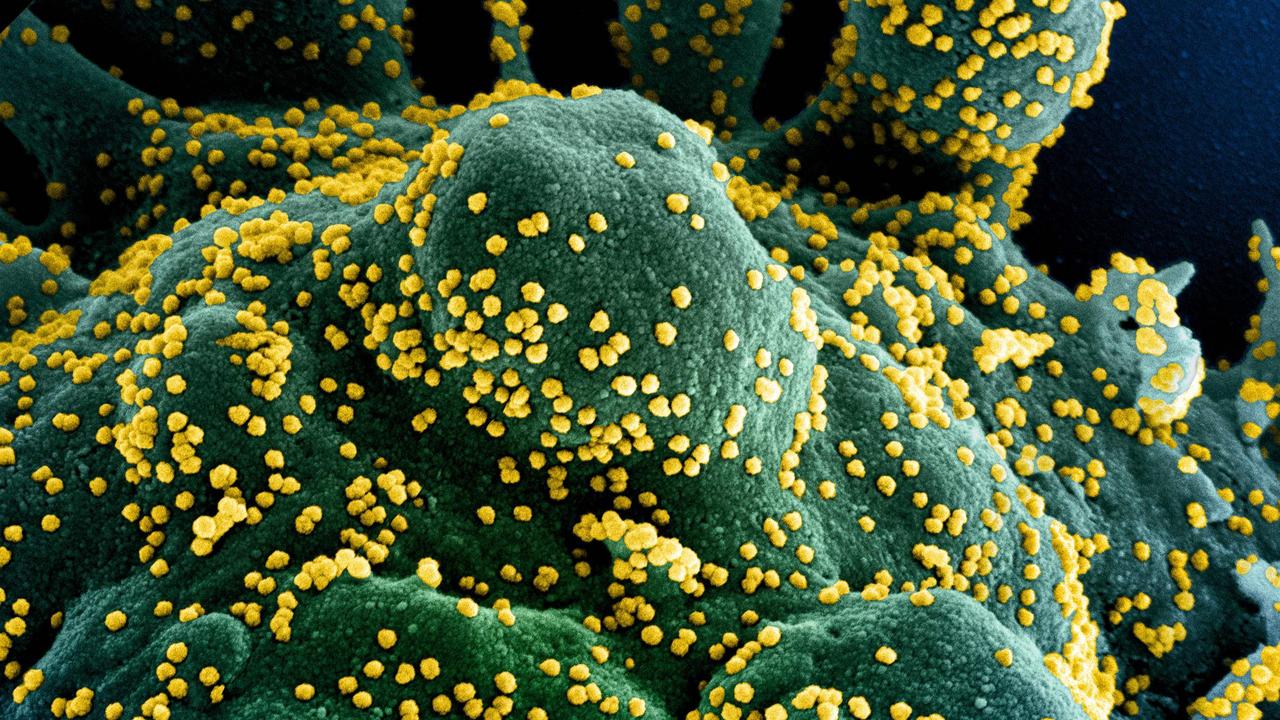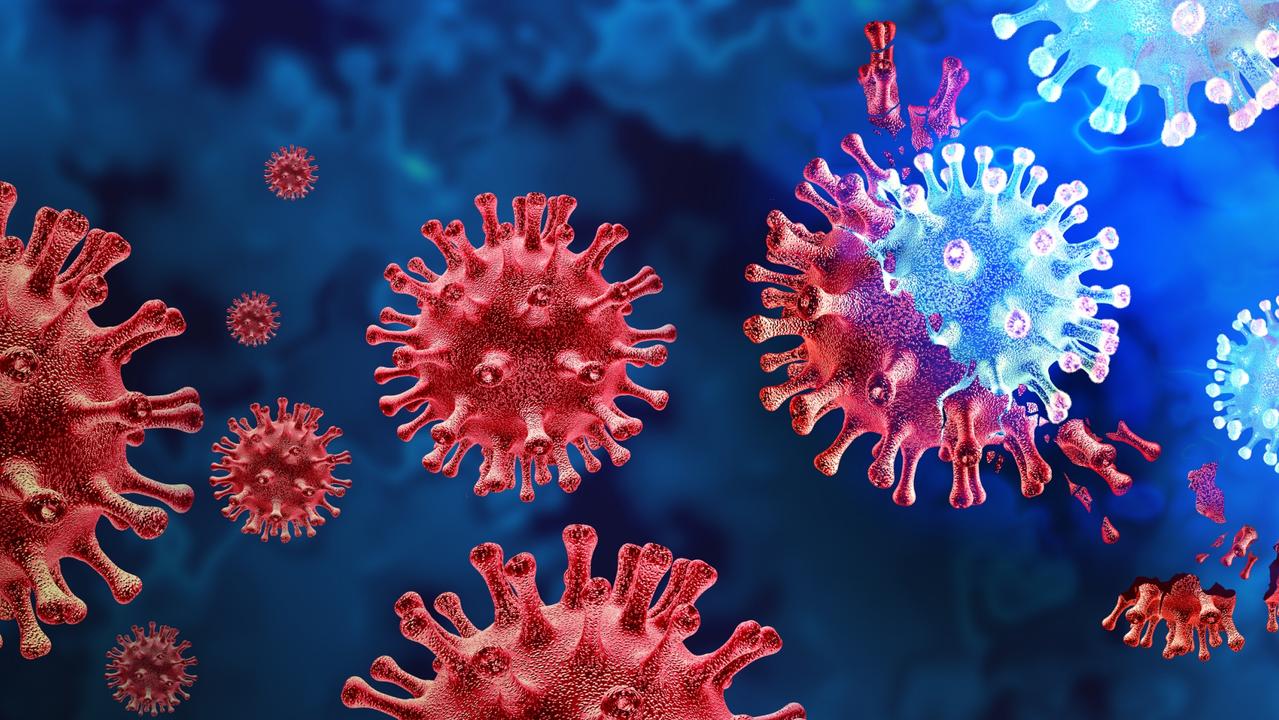Coronavirus: The big problem with developing a vaccine
With so many experts around the world racing to develop a vaccine for coronavirus you’d think getting there would be relatively easy - but there’s a major hurdle in the way.
There are more than 60 separate teams across about a dozen countries racing to develop a coronavirus vaccine.
The one thing that stands in their way? Money.
Public entities want to help but don’t have the cash, while big pharmaceuticals have the money but not the motivations because they see greater returns on investments in other treatments.
Oxford University vaccinologist Sarah Gilbert estimates her team needs up to $194 million by June to develop a vaccine.
She says her team is most likely to be the first to be successful, delivering a vaccine a year sooner than goals set by pharmaceutical companies such as GlaxoSmithKline.
“I don’t think the people with the money have really quite adjusted yet to what the vaccine developers need,” she told the South China Morning Post.
“I think in the minds of governments and the layperson, that’s for later. Because there’s such a demand for ventilators and personal protective equipment, that’s all anybody can think about now.”
Vaccine development usually takes between five to 10 years and pharmaceutical companies say it costs them between $1.5 and $3 billion to get to the final stage of rollout.
Michael Kinch, director of the Centre for Research Innovation in Biotechnology and Drug Discovery at Washington University, told SCMP technology for most vaccines was not as advanced as for other “more sexy technologies” that can garner higher prices and therefore revenues.
There are 115 vaccines in the works across the world.
The University of Queensland is among them, announcing this week its vaccine candidate was being sent to a secure lab in The Netherlands for testing on the live vaccine and human trials could begin after July.

Moderna Therapeutics had an early prospect ready for clinical trials just 42 days after the genetic sequence for the new coronavirus was released.
But the biotechnology underlying the drug has existed for nearly 30 years and never yielded a working vaccine.
Even the mumps vaccine - considered the fastest ever approved - took four years.
“A year to 18 months would be absolutely unprecedented,” Peter Hotez, dean at Baylor University’s National School of Tropical Medicine, told National Geographic.
“Maybe with the new technology, maybe with throwing enough money on it, that'll happen. But we have to be really careful about those time estimates.”




